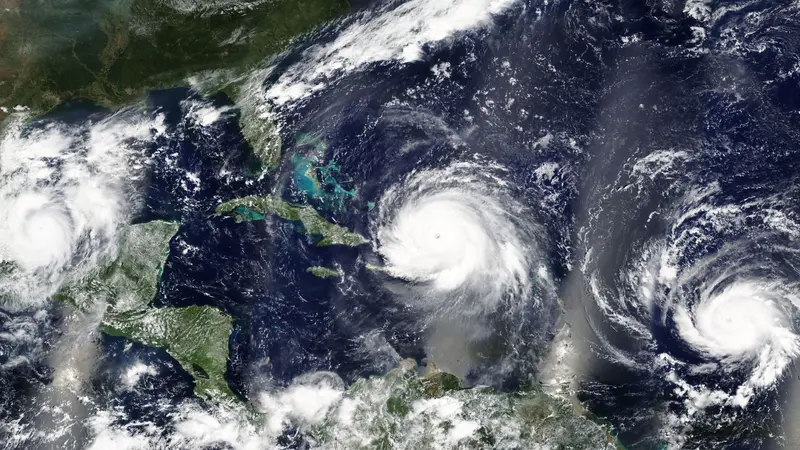

Planet and People Connection

Planet and People Connection
US Addresses Threat to Human Health from Climate Change
In acknowledgement of the increasing threats to human health caused by climate change, the Biden administration has established a new division under the US Department of Health and Human Services (HHS). The Office of Climate Change and Health Equality (OCCHE), which raises health threats caused by climate change to a level of federal concern, was formally launched in August 2021.
The new office is the HHS-wide hub for climate change and health equality policy, programming, and analysis, and facilitates the use of regulatory and statutory powers of HHS affecting disadvantaged communities and those on the frontlines of the climate crisis. OCCHE will work alongside government and non-government organizations to define and implement strategies, conduct outreach, and train and empower community residents. Many of OCCHE’s priorities revolve around health inequities caused or exacerbated by climate change.
OCCHE identified a number of examples of how climate change causes new health issues or increases the severity or frequency of others, including:
- More frequent and severe heat waves lead to more heat-related illnesses and deaths.
- Seasonal changes shift where disease-carrying insects, such as mosquitoes and ticks, transmit diseases like West Nile Virus and Lyme disease.
- Temperature increases lead to more exposure to pollen from longer growing seasons, mold resulting from severe storms, and air pollution from wildfires, which can all worsen lung-related diseases.
- Temperature increases lead to poor air quality which causes and exacerbates heart and cardiovascular disease.
- Flood events can contaminate water, resulting in foodborne and waterborne illnesses.
- More frequent and severe weather events can directly cause injuries, deaths, and illnesses, and the resulting stresses can harm mental health.
- Extreme weather-related events can place stress on hospital and public health systems, limiting access to adequate healthcare during the crises.
While all Americans will feel the impacts, disadvantaged Americans, such as those with low income, immigrant groups, Indigenous peoples, and persons with preexisting or chronic health conditions and disabilities, will be disproportionately affected by climate change and are less able than others to adapt to or recover from climate change impacts. HHS refers to this as an environmental justice issue.
The factors affecting groups with disproportionate exposures from climate change include those:
- living in areas vulnerable to climate change, like communities along the coasts;
- coping with higher levels of existing health risks when compared to other groups;
- living in low-income communities with limited access to healthcare services;
- having high rates of uninsured individuals who have difficulty accessing quality healthcare;
- having limited availability of information and resources in a person’s native language; and
- having limited ability to relocate or rebuild after a disaster.
Among OCCHE’s priorities are to identify vulnerable populations and communities with disproportionate exposures to climate hazards; address health disparities exacerbated by climate impacts to enhance community health resilience; and to explore private sector partnerships in support of innovative programs to address disparities and health sector transformation.
REFERENCES
US Department of Health and Human Services. (2021, October 1). About the Office of Climate Change and Health Equality. https://www.hhs.gov/ocche/about/index.html


 By
By






